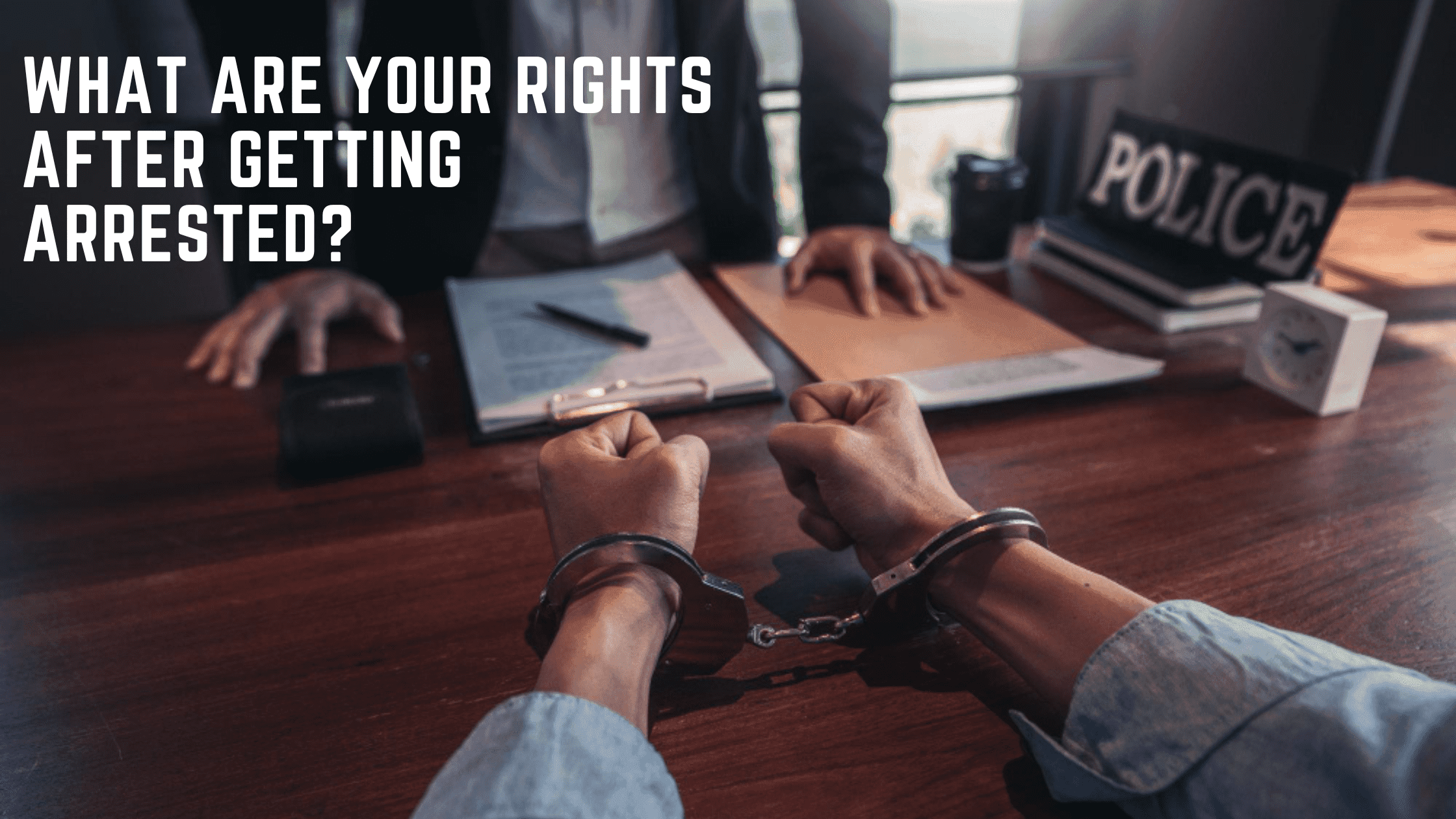
By Navdeep Dhindsa | Criminal Defence Blog
Getting arrested is overwhelming. Whether it happens suddenly or after an investigation, it can leave you feeling shocked, confused, and vulnerable. In moments like these, your best defense isn’t what you say — it’s what you understand about your legal rights.
This guide explains exactly what your rights are after being arrested in Canada and how to use them to protect yourself.
When police make an arrest, they have a legal duty to follow proper procedures. But mistakes happen. And when they do, it’s your knowledge — and your legal support — that makes the difference between a fair process and a costly one.
As soon as you're detained, the police must clearly tell you why you are being arrested. They should state the exact charges or suspicion behind their actions.
Ask: “What am I being arrested for?” You have the right to know. Don’t assume anything.
2. You Have the Right to Remain Silent
You are not required to answer police questions. This is critical.
Anything you say can be used as evidence against you, even if you believe you're innocent.
The safest thing to say is: “I wish to remain silent until I speak to a lawyer.”
Under Canadian law, you have the right to contact a lawyer without delay after your arrest. This includes:
You should not be questioned until you’ve spoken with legal counsel.
Important: If you live in or around Brampton, choosing a lawyer familiar with local courts and procedures is a real advantage. A trusted criminal lawyer in Brampton can guide you through the process quickly and effectively.
4. You Have the Right to a Bail Hearing
If you're not released right away, you must be brought before a judge within 24 hours, or as soon as possible. This is called a bail hearing, where the court decides whether you’ll be released or kept in custody until your trial.
A lawyer can help by:
- Presenting a release plan
- Challenging unfair bail conditions
- Advocating for your immediate release
5. You Have the Right to Protection From Unreasonable Search
Police may search you at the time of your arrest, but they do not automatically have the right to search your home, car, or phone without a warrant or your consent.
How Long Does a Criminal Case Take to Resolve
Top Mistakes People Make After Being Charged With a Crime
| Item or Place | Can Police Search Without a Warrant? |
|---|---|
| Your pockets or bag | ✅ Yes, if arrested |
| Your home | ❌ No — requires a warrant |
| Your vehicle | ✅ In certain cases |
| Your phone | ❌ No — unless you consent or they get a warrant |
Never give consent for a search before speaking to a lawyer. This is a common mistake that can seriously hurt your defense.
If you’re arrested, here are the right steps to follow:
| Your Right | Why It Matters |
|---|---|
| To be informed | Police must state your charge clearly |
| To remain silent | Prevents self-incrimination |
| To legal counsel | Ensures proper defense from the start |
| To bail | Prevents unnecessary time in custody |
| To privacy | Police must follow proper search procedures |
Yes, if they have reasonable grounds. But even then, they must inform you of the reason and your rights immediately.
It could be a violation of your Charter rights. Your lawyer may be able to use this to suppress certain evidence or challenge your arrest.
No. Innocent people can still say things that harm their case. Stay silent and speak to a lawyer first.
Being arrested doesn’t mean you're guilty. It simply means you're now involved in the legal process — and how you respond in the first 24 hours matters deeply.
You only get one chance to protect your record, your reputation, and your future. That starts by knowing your rights — and using them.
If you or someone close to you has just been arrested, don’t try to handle it alone. The next steps you take could decide what happens next.
For dedicated legal advice and experienced defense representation, reach out to Dhindsa Law Criminal Lawyer Brampton / Divorce Lawyer— a trusted criminal lawyer in Brampton who understands how to protect your rights and fight for your freedom.